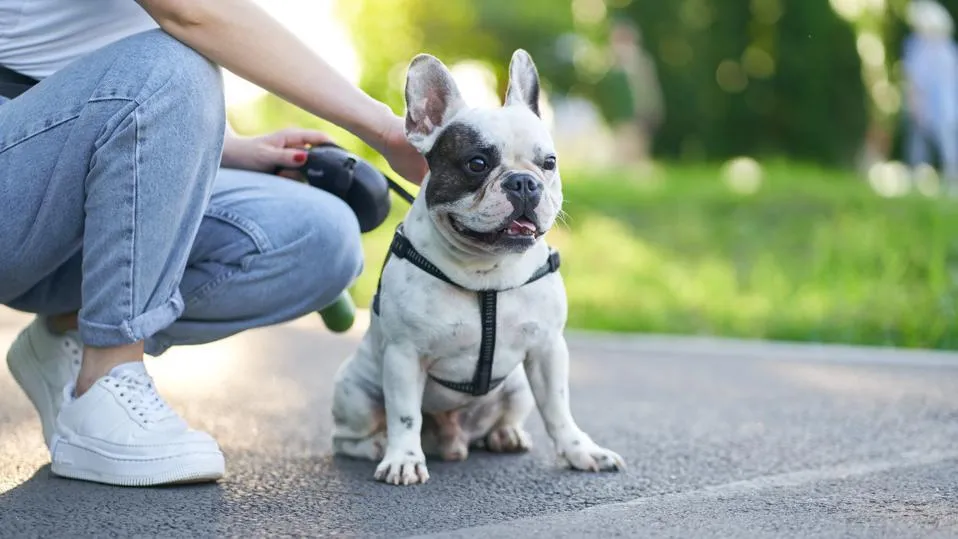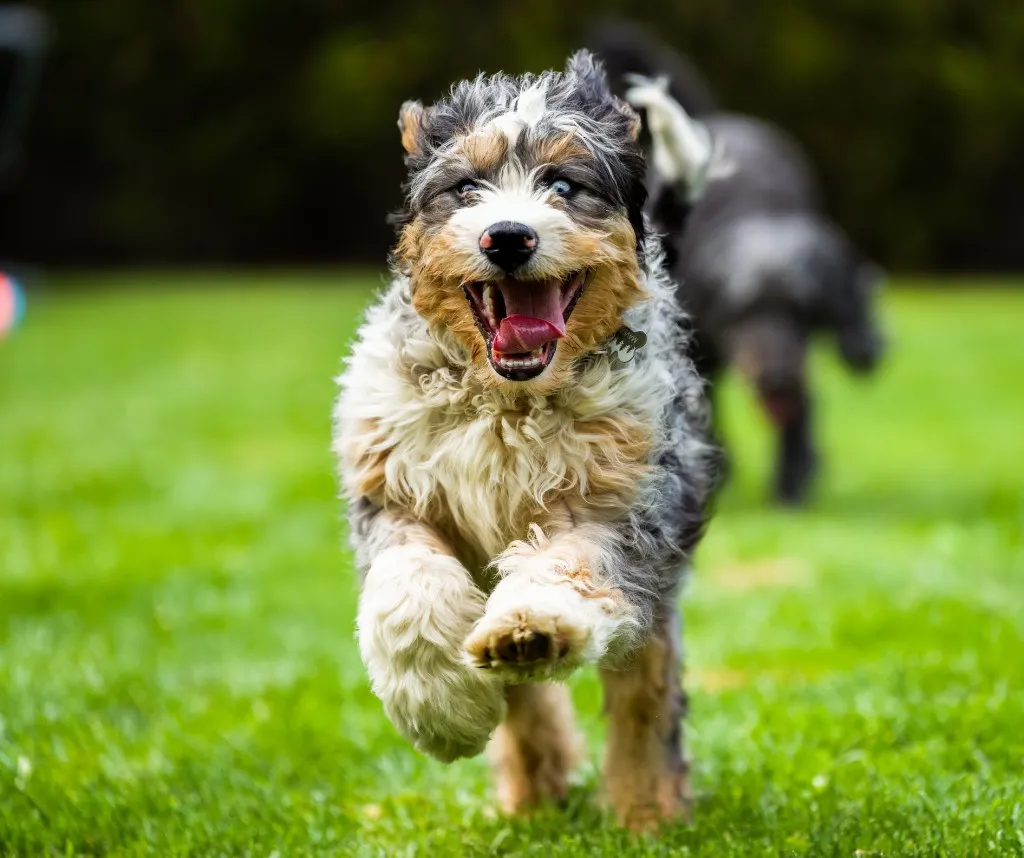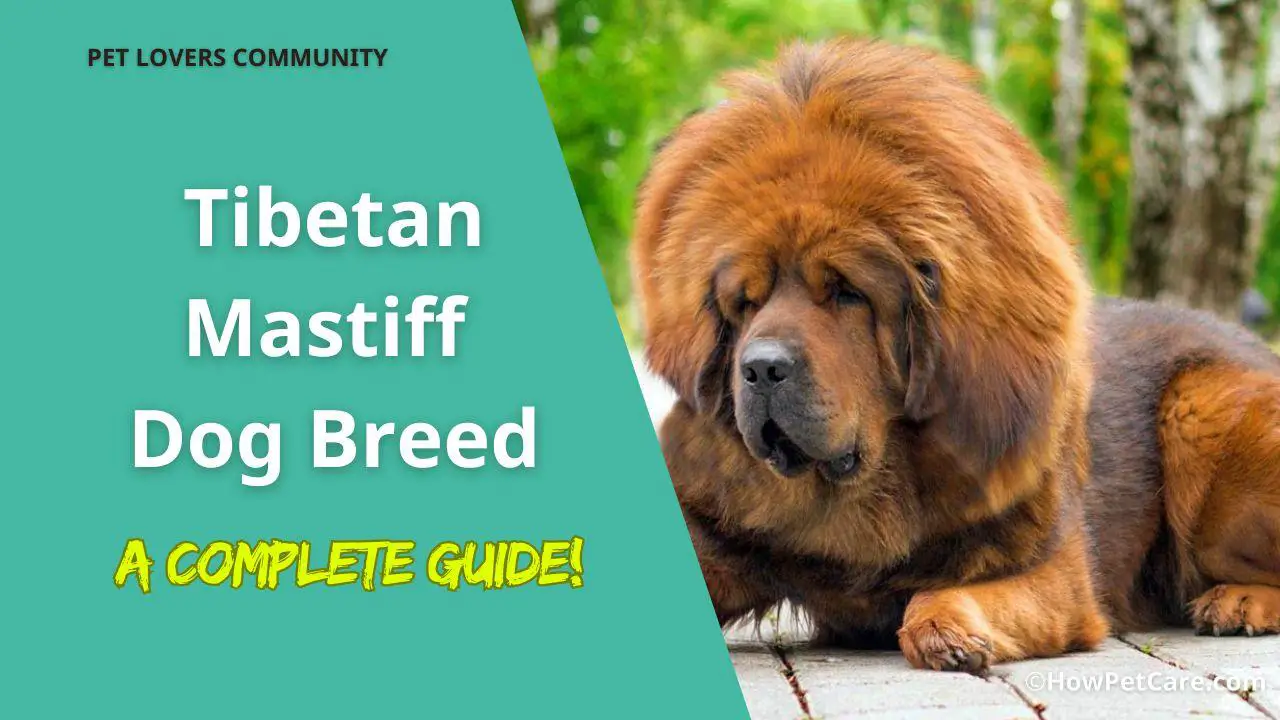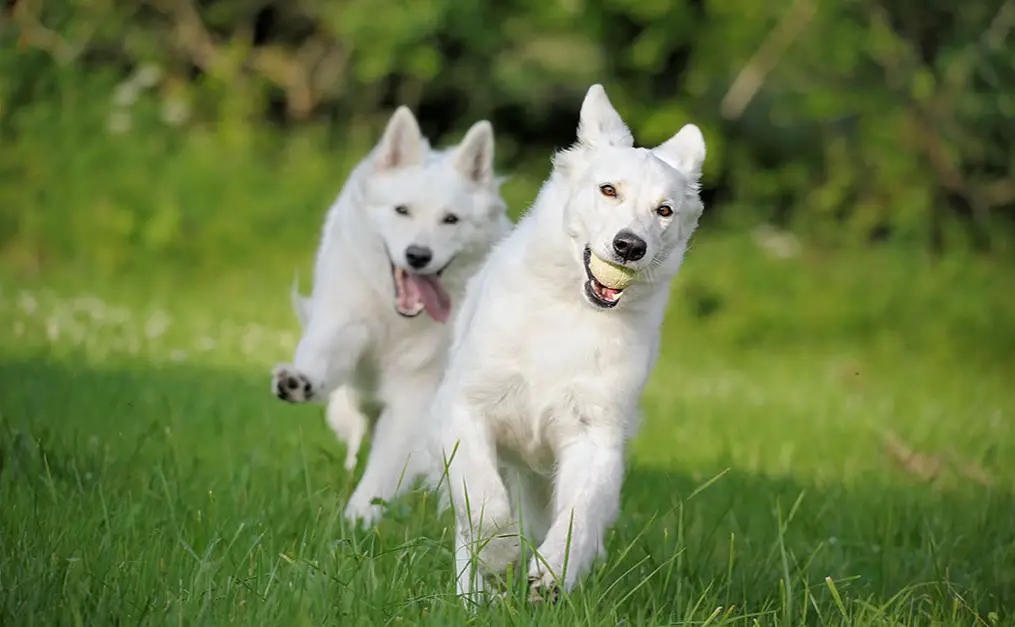Are you looking for a furry companion that’s equal parts adorable and affectionate?
Look no further than the Bichon Frise!
These little cotton balls of happiness are known for their cheerful personalities and cloud-like coats.
But there’s so much more to these pint-sized pooches than meets the eye.
Let’s dive into the wonderful world of Bichon Frises and discover why they might just be the perfect addition to your family.
The Bichon Frise: A Brief History
The Bichon Frise, pronounced “BEE-shawn FREE-say,” has a rich history that dates back centuries.
These charming little dogs have roots in the Mediterranean, where they were beloved by sailors and royalty alike.
Their name literally means “curly lap dog” in French, which perfectly captures their appearance and favorite pastime!
Fun fact: Bichons were once popular circus dogs due to their intelligence and eagerness to please.
They could perform tricks that would make even the most stoic audience member crack a smile!

Physical Characteristics: Fluffy Clouds on Four Legs
When you think of a Bichon Frise, the first thing that probably comes to mind is their signature fluffy white coat.
And you’d be right! These dogs are known for their soft, curly fur that gives them an almost cloud-like appearance.
But there’s more to their physical traits than just their fabulous fluff:
- Size: Bichons are small dogs, typically standing 9-11 inches tall and weighing between 12-18 pounds.
- Eyes: They have round, dark eyes that seem to sparkle with mischief and joy.
- Ears: Their ears are droopy and covered in long hair, adding to their adorable appearance.
- Tail: A plumed tail that curls over their back, often wagging with excitement.
One of the most interesting things about Bichons is their coat.
It’s actually double-layered, with a soft, dense undercoat and a coarser, curlier outer coat.
This unique combination is what gives them their distinctive powder-puff look.
Temperament: Bundles of Love and Laughter
If there’s one thing Bichon Frises are known for, it’s their delightful personalities.
These little dogs are like walking, barking balls of sunshine.
Here are some key traits that make Bichons such wonderful companions:
1. Affectionate
Bichons are incredibly loving and devoted to their families. They thrive on human companionship and will happily snuggle up with you for hours on end.
In fact, they’re often referred to as “velcro dogs” because of how much they love to stick close to their humans!
2. Playful
Despite their small size, Bichons have big personalities when it comes to playtime.
They love to romp around and play games, often acting like puppies well into their adult years.
Their playful nature makes them great companions for families with children.
3. Intelligent
Bichons are smart cookies! They pick up on commands quickly and excel in obedience training.
This intelligence, combined with their eager-to-please attitude, makes them relatively easy to train.
4. Adaptable
Whether you live in a sprawling house or a cozy apartment, Bichons can adapt to various living situations.
They’re just as happy in a city environment as they are in the suburbs, as long as they get plenty of love and attention.
5. Gentle
Despite their lively nature, Bichons are generally gentle dogs.
They’re patient with children and get along well with other pets, making them an excellent choice for multi-pet households.

Care and Maintenance: Keeping Your Bichon Beautiful
While Bichons are relatively low-maintenance in terms of exercise needs, their gorgeous coats do require some special attention.
Here’s what you need to know about caring for your Bichon Frise:
Grooming
That fluffy white coat doesn’t stay pristine on its own! Bichons need regular grooming to keep their fur in top condition. This includes:
- Daily brushing to prevent matting and tangles
- Professional grooming every 4-6 weeks
- Regular baths (about once a month) to keep their coat clean and white
Pro tip: Invest in a good quality brush and comb specifically designed for dogs with curly coats. Your Bichon (and your hands) will thank you!
Exercise
While Bichons don’t need as much exercise as some larger breeds, they still benefit from regular physical activity. Aim for about 30 minutes of exercise per day, which can include:
- Short walks
- Play sessions in the backyard
- Indoor games like fetch or hide-and-seek
Remember, mental stimulation is just as important as physical exercise for these clever pups!
Health Considerations
Like all breeds, Bichons can be prone to certain health issues. Some conditions to be aware of include:
- Allergies (both environmental and food-related)
- Patellar luxation (kneecap dislocation)
- Eye problems like cataracts
- Dental issues
Regular check-ups with your veterinarian can help catch and address any potential health concerns early on.

Training Your Bichon: Fun and Rewarding
Training a Bichon Frise can be a joyful experience for both you and your furry friend.
These intelligent dogs are eager to learn and love to please their owners. Here are some tips for successful Bichon training:
- Start early: Begin training and socialization as soon as you bring your Bichon home.
- Use positive reinforcement: Bichons respond well to praise, treats, and playtime as rewards.
- Keep sessions short and fun: Their attention span may be limited, so aim for short, engaging training sessions.
- Be consistent: Stick to the same commands and rules to avoid confusing your pup.
- Socialize, socialize, socialize: Expose your Bichon to various people, animals, and environments from a young age.
Remember, patience is key when training any dog.
Bichons can sometimes be a bit stubborn, but with persistence and lots of love, they’ll soon be showing off their new tricks to everyone they meet!
Is a Bichon Frise Right for You?
While Bichons are wonderful dogs, they’re not the perfect fit for everyone.
Here are some things to consider before bringing a Bichon into your life:
- Do you have time for regular grooming?
- Can you provide plenty of companionship and attention?
- Are you prepared for potential health issues and associated costs?
- Do you have a fenced yard or time for regular walks?
- Are you looking for a dog that’s good with children and other pets?
If you answered yes to most of these questions, a Bichon Frise could be your ideal furry companion!

Wrapping Up: The Joy of Bichon Ownership
Owning a Bichon Frise is like having a little bundle of joy in your life every day.
These charming, affectionate, and playful dogs have a way of brightening even the gloomiest of days with their happy-go-lucky attitudes and adorable antics.
From their fluffy white coats to their sparkling personalities, Bichons truly are a breed apart.
They offer unconditional love, endless entertainment, and the kind of companionship that can turn a house into a home.
So, if you’re looking for a small dog with a big heart, consider the Bichon Frise.
You might just find that this little cotton ball of happiness is exactly what you’ve been missing in your life!
Remember, every dog is an individual, and while breed characteristics can give you a general idea of what to expect, your Bichon will have its own unique personality.
Embrace their quirks, shower them with love, and get ready for years of joy, laughter, and fluffy cuddles!
Have you ever owned a Bichon Frise? We’d love to hear about your experiences in the comments below!
And if you’re considering adding one of these adorable pups to your family, don’t hesitate to reach out to reputable breeders or rescue organizations to learn more.
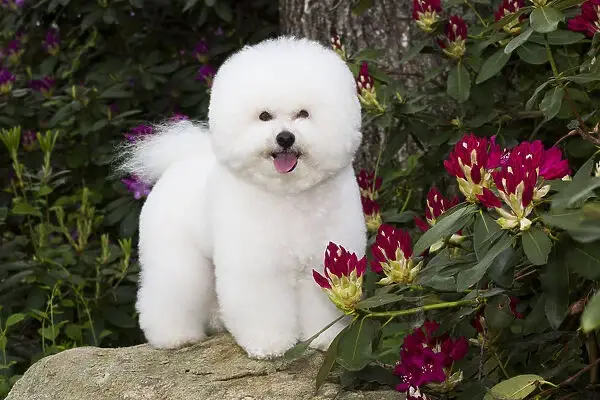
Breed information
| Characteristic | Information |
|---|---|
| Breed Name | Bichon Frise |
| Origin | France, Belgium, and Canary Islands |
| Group | Non-Sporting Group (AKC) |
| Height | 9.5-11.5 inches (24-29 cm) |
| Weight | 12-18 pounds (5-8 kg) |
| Coat | Curly, soft, and dense double coat; feels like plush velvet |
| Colors | Always white; occasionally cream or apricot shading may appear |
| Lifespan | 14-15 years |
| Temperament | Cheerful, playful, affectionate, and sociable; known for being gentle and happy-go-lucky |
| Energy Level | Moderate; enjoys playtime but also happy to relax indoors |
| Exercise Needs | Moderate; enjoys daily walks and interactive playtime but doesn’t require strenuous exercise |
| Trainability | Highly trainable; intelligent and eager to please, though they can be sensitive to harsh training methods |
| Intelligence | Very intelligent; quick learners that excel in obedience and trick training |
| Good with Children | Excellent with children; gentle, playful, and affectionate, making them great family companions |
| Good with Other Pets | Generally good with other dogs and pets, especially if socialized early |
| Shedding | Minimal shedding; considered hypoallergenic, but regular grooming is required to maintain their coat |
| Grooming Needs | High; requires regular brushing (several times a week) and professional grooming every 4-6 weeks to maintain their fluffy appearance |
| Barking Level | Moderate; may bark to alert or out of excitement but not overly vocal |
| Space Requirements | Adaptable to both apartment living and homes with yards; does not need a lot of space as long as they get regular exercise |
| Socialization | Benefits from early socialization to prevent shyness; naturally friendly with both people and animals |
| Health Issues | Prone to allergies, hip dysplasia, patellar luxation, and dental issues |
| Diet | Requires a high-quality, balanced diet; portion control is important to avoid obesity |
| Affection Level | Very affectionate and loving; forms strong bonds with family members and enjoys being around people |
| History | Descended from the Water Spaniel and the Poodle, they were popular among European nobility in the 13th-16th centuries, later becoming circus performers |
| AKC Recognition | Recognized by the American Kennel Club in 1972 |
| Ideal Living Conditions | Suited for both apartments and houses with yards; enjoys an indoor lifestyle with regular outdoor playtime |
| Notable Characteristics | Known for their cheerful expression, fluffy white coat, and “teddy bear” appearance |
| Best Activities | Enjoys walks, interactive play, and puzzle toys; excels in agility and obedience training |
| Suitability for First-Time Owners | Very suitable for first-time owners due to their friendly, gentle, and adaptable nature |
| Protective Nature | Not overly protective but will alert to unfamiliar people or sounds |
| Playfulness | Very playful; enjoys interactive games, especially with family members |
Sources:
- American Kennel Club (AKC): Bichon Frise Information
- DogTime: Bichon Frise Breed Information
- The Kennel Club: Bichon Frise Breed Standard

